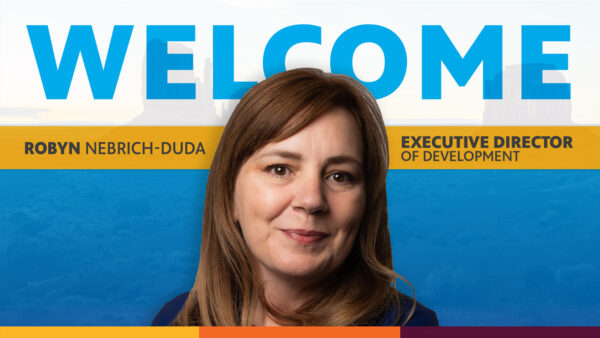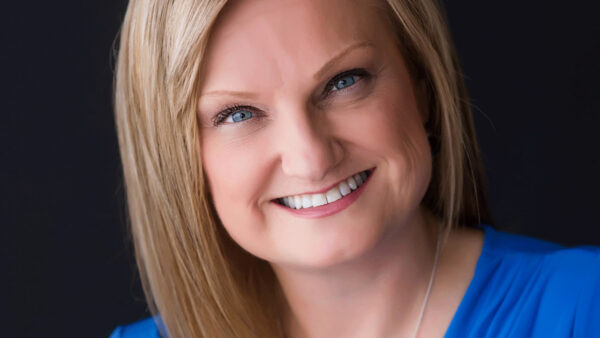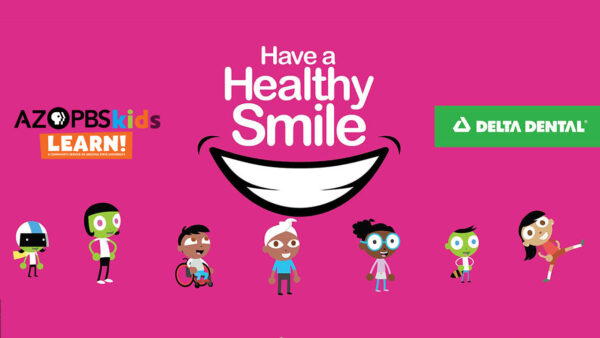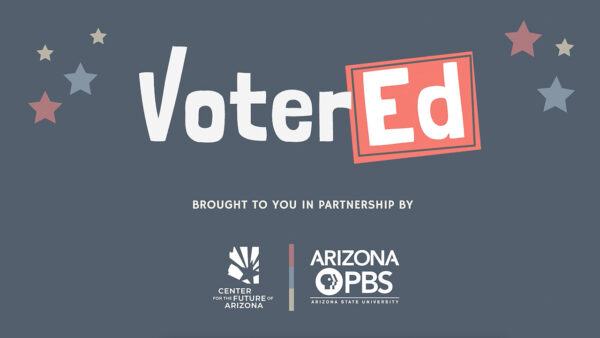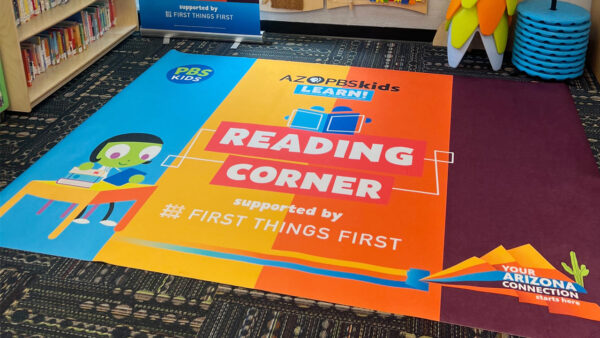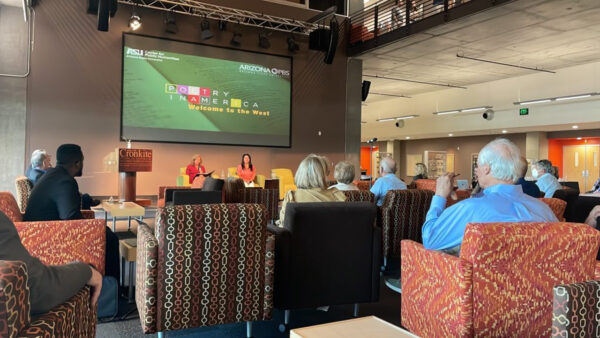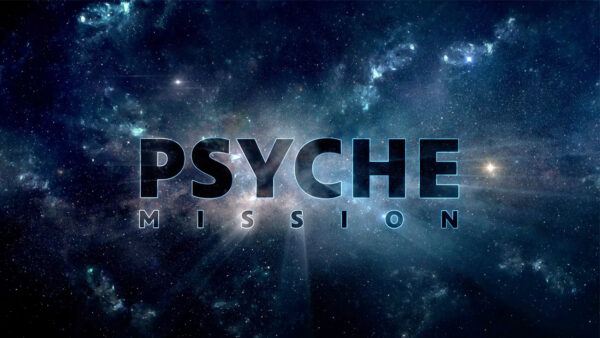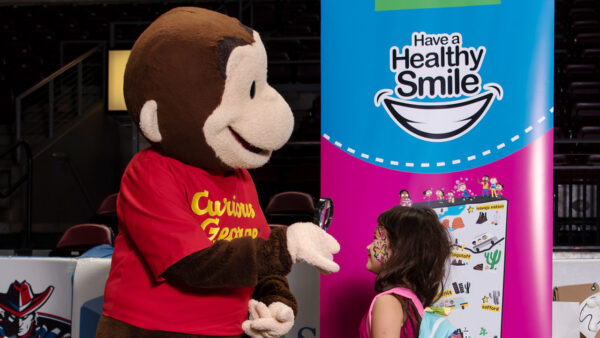NOVA “Making Stuff: Stronger, Smaller, Cleaner, Smarter”
Jan. 19, 2011
NOVA moves to a new night and time with the premiere of Making Stuff: Stronger, Smaller, Cleaner, Smarter
Multipart series hosted by technology reporter David Pogue
Invisibility cloaks. Spider silk that is stronger than steel. Plastics made of sugar that dissolve in landfills. Self-healing military vehicles. Smart pills and micro-robots that zap diseases. What will the future bring, and what will it be made of? In NOVA’s fascinating new four-hour series, Making Stuff, popular New York Times technology reporter David Pogue takes viewers on a thrilling tour of the material world we live in, and the one that may lie ahead—offering viewers a behind-the-scenes look at scientific innovations that are ushering in a new generation of materials that are stronger, smarter, smaller and cleaner than anything we’ve ever seen.
On Jan. 19, 2011, NOVA will premiere the new four-hour series on consecutive
Wednesday nights at 9 p.m. on Eight, Arizona PBS: Making Stuff: Stronger, Smaller, Cleaner, Smarter.
From the Stone Age, Bronze Age, and Iron Age to more recent periods dominated by plastics and silicon, materials have defined the progression of humankind. Now, we are once again poised on the verge of a materials revolution, as researchers around the globe push the boundaries further than ever before, using biology and chemistry to imbue materials with new qualities that are expanding our technological frontiers.
“Few people realize it, but materials are the basis of our civilization–the Stone Age, the Iron Age–and materials are what will take us into the future,” says Paula S. Apsell, Senior Executive Producer for NOVA. “David Pogue is a highly entertaining and tech-savvy guide during a fascinating four hours full of potential breakthroughs that will shape our future.”
Making Stuff Stronger (Premieres Wednesday Jan. 19, 2011 at 9 p.m.)
What is the strongest material in the world? Is it iron? Are Kevlar and carbon nanotubes the way of the future, or will the powerful properties discovered in natural spider silk one day replace steel? NOVA begins the ambitious four-hour program with a quest for the world’s strongest stuff. Host David Pogue helps viewers understand what defines strength, examining everything from mollusks to a toucan’s beak and testing the world’s strongest materials. Pogue travels from the deck of a U.S. naval aircraft carrier to a demolition derby to the country’s top research labs to check in with the experts who are re-engineering what nature has given us to create the next generation of strong “stuff.”
Making Stuff Smaller (Premieres Wednesday Jan. 26, 2011 at 9 p.m.)
How small can we go? Could we one day have robots taking “fantastic voyages” in our bodies to kill rogue cells? The triumphs of tiny are seen all around us in the Information Age: transistors, microchips, laptops, cell phones. Now, David Pogue takes NOVA viewers to an even smaller world in Making Stuff Smaller, examining the latest in high-powered nano-circuits and microrobots that may one day hold the key to saving lives and creating materials from the ground up, atom by atom. Pogue explores the star materials of small applications, including silicon, the stuff of computer chips, and carbon, the element now being manipulated at the atomic level to produce future technology. “Smaller” and more portable stuff has already revolutionized the way we live. The nanotechnology to come could change the face of medicine, with intelligent pills that know what medicine to release into the body and treat patients from the “inside” based on changing needs; robots that repair damaged body parts; and more.
Making Stuff Cleaner (Premieres Wednesday Feb. 2, 2011 at 9 p.m.) Most modern materials are dangerous to the environment, but what about cleaning up our world?
Batteries grown from viruses, tires made from orange peel oil, plastics made of sugar, and solar cells that cook up hydrogen–these are just a few glimpses of a new generation of clean materials that could power devices of the future. In Making Stuff Cleaner, David Pogue explores the rapidly developing science and business of clean energy and examines alternative ways to generate it, store it, and distribute it. Is hydrogen the way to go? One scientist is even using America’s abundance of chicken feathers to create a cheap way to make hydrogen cars safer.
What about lithium batteries? Does this solve an energy problem or create a new dependency–in this case, on South America for a different kind of limited resource than oil? Can scientists instead develop a process in which batteries run on molten salts found in cheap abundance in the U.S. or on genetically engineered viruses? Pogue investigates the latest developments in biobased fuels and in harnessing solar energy for our cars, homes, and industry in a fascinating hour full of the “stuff” of a sustainable future.
Making Stuff Smarter (Premieres Wednesday Feb. 9, 2011 at 9 p.m.)
What can nature teach us about building smarter materials? Can we create materials that sense and respond? “When describing ‘smart materials,’ one analogy scientists give is the evolution from the first Terminator robot, a machine made of metal and circuitry, to the shape-shifting ‘liquid guy’ in Terminator 2,” said Making Stuffproducer Chris Schmidt. Smarter looks into the growing number of materials that almost seem alive–able to react, change and even learn. An Army tanker truck that heals its own bullet wounds. An airplane wing that changes shape as it flies. For inspirations and ideas, scientists are turning to nature and biology and producing some innovative new developments in materials science. Knowledge and inspiration drawn from nature are showing scientists new ways to give our materials amazing new abilities. By understanding how geckos climb even smooth walls, scientists have created a gecko adhesive that let’s robots do the same.
Studying the properties of skin has led to the development of self-healing protective foam. And Pogue literally goes swimming with sharks to understand a different kind of skin that is intriguing scientists. Scientists are modeling a material after sharkskin to develop an antibacterial film that, when sprayed in hospitals, could eliminate MRSA and other anti-biotic resistant bacteria. Pogue concludes “Smarter” with a visit to a scientist who has created a material that may make Harry Potter’s invisibility cloak a reality!
Media Contact: Colleen O’Donnell Pierce
[email protected]
(602) 496-0579
(602) 478-3867 (cell)
Visit azpbs.org/pressroom
About Arizona PBS
Arizona PBS is a trusted community resource. For over 52 years, the PBS station has focused on educating children, reporting in-depth on public affairs, fostering lifelong learning and celebrating arts and culture. Arizona PBS achieves its mission through the power of non-commercial television, the Internet, educational outreach and community-based initiatives. Its signal reaches 80 percent of the homes in Arizona. With more than 1 million viewers weekly, Arizona PBS consistently ranks among the most-viewed public television stations per capita in the country. For more information, visit azpbs.org or follow us on Facebook, Twitter, Google+, Instagram, Pinterest or Tumblr.
Arizona PBS is a member-supported community service of Arizona State University and the Walter Cronkite School of Journalism and Mass Communication.
)









